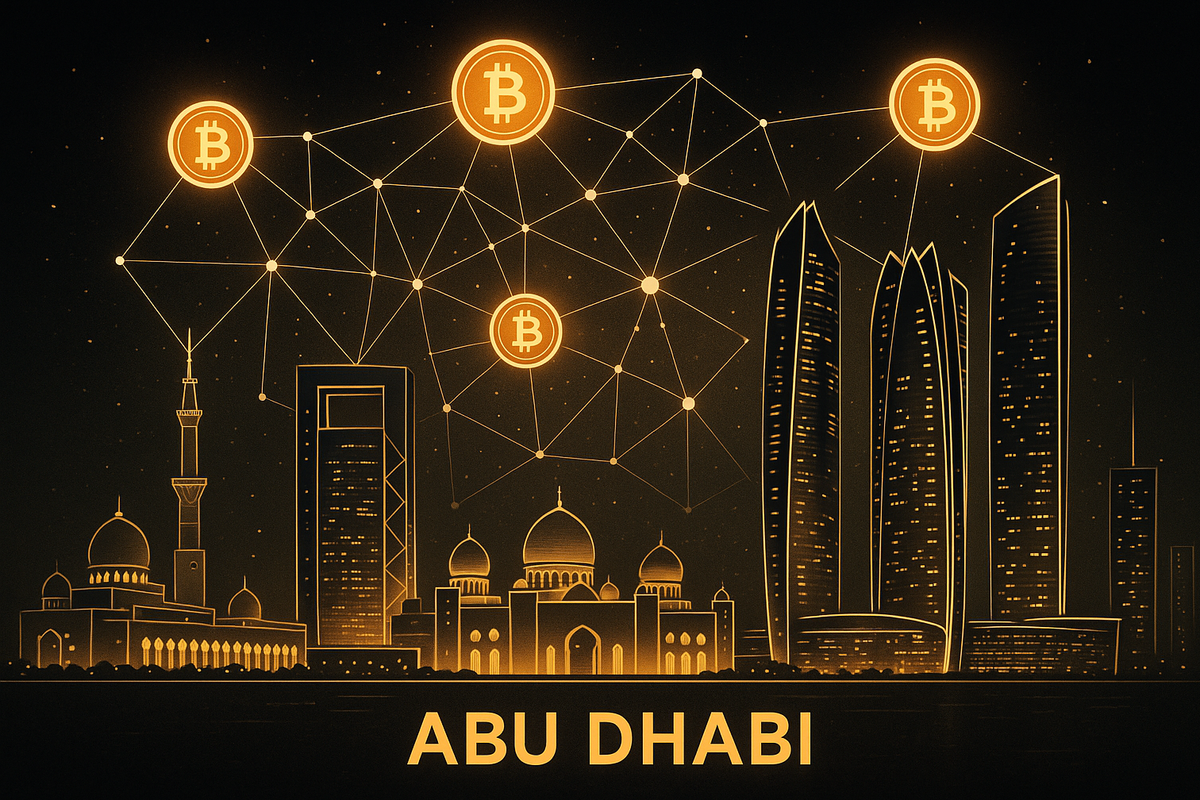Tokenization Goes Live in Abu Dhabi: Why the UAE Is Setting the Global Pace
The UAE is setting the global pace in tokenization after the Agentic Summit in Abu Dhabi. Learn how this new wave of digital finance is reshaping markets, and why Pakistan should pay attention.

Abu Dhabi is fast becoming one of the most important hubs for real-world asset (RWA) tokenization and digital finance innovation. At the recent Agentic Summit, more than 300 leaders from traditional finance, digital assets, and global regulators gathered to discuss one thing, how tokenization moves from concept to reality.
Unlike many conferences filled with hype, this one focused on execution. The panels were about infrastructure, compliance, and interoperability, the real backbone of bringing tokenization to scale. Held in the heart of the Abu Dhabi Global Market (ADGM), the event marked a turning point for the UAE’s ambitions to lead the world into the regulated tokenization era.
The discussions revealed how fast the industry has matured. It’s no longer about “if” tokenization will happen, the question now is “how fast can it scale?” Institutions are already preparing to tokenize everything from real estate and private credit to bonds and commodities. The UAE’s mix of clear regulation, capital, and global partnerships has turned it into a testing ground for this next chapter in financial evolution.
One major takeaway from the summit was the focus on data and compliance. Tokenization isn’t just about minting digital versions of assets; it’s about ensuring each token represents verifiable, legally sound, and data-rich ownership. Around 70% of enterprise data is still locked in outdated systems, and solving that will be key to making tokenization work at scale.
The event also marked a noticeable shift toward multi-chain pragmatism. Gone are the days of chain wars or loyalty to a single protocol. The new mindset is simple, use whichever blockchain fits the asset type, regulatory environment, and transaction flow. The message was clear: tokenization is not tribal; it’s technological.
What makes the UAE’s approach so powerful is its ability to merge innovation with compliance. With free zones like ADGM and regulators such as VARA (Virtual Assets Regulatory Authority), the country has created a sandbox where global finance meets digital assets in a controlled, transparent way. This balance of openness and structure is something few jurisdictions have achieved.
For countries like Pakistan, the lessons are huge. Tokenization could be the missing bridge between traditional and digital economies. It’s an opportunity to attract new capital, create fractional ownership in real assets, and open financial markets to global investors. But to do that, Pakistan must focus on regulatory clarity, reliable infrastructure, and standardized data systems, exactly what the UAE is building now.
Another key point from the summit was about inclusion. Tokenized finance has the potential to bring previously illiquid assets like small business loans, property shares, or commodities into global circulation. For developing markets, this could unlock entirely new economic opportunities.
Ultimately, the Agentic Summit in Abu Dhabi showed that tokenization is no longer just a buzzword. It’s moving into production, and the UAE is leading with a clear, coordinated strategy. The country isn’t just embracing crypto; it’s reinventing finance itself, step by step, regulation by regulation.
For Pakistan, this is the moment to pay attention. As the global system transitions from paper-based finance to programmable money, early movers will define the future landscape. The UAE has provided the playbook, and it’s time for others to adapt, localize, and build their own models of success.




